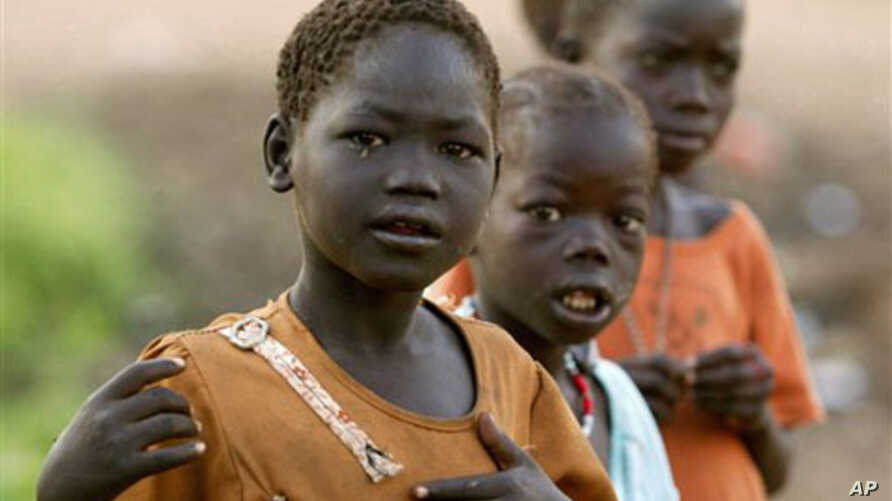

Nowadays, a common feature in many large cities in Nigeria, particularly in Lagos, Ibadan, Port Harcourt and Kano is the presence of homeless children also known as “children of the street”.
These children work and live on the street,they are unlike other children who normally return home to sleep at night.
They have drifted from their homes or families of orientation, thereby making the streets their homes.
They often serve as guides to physically handicapped adults, especially the
physically impaired, as they engage in street begging and at times scavenging.
They sometimes also sweep and pack refuse at major markets for a token.
The convention on the rights of the child domesticated in Nigeria as the child rights act guarantees the protection of the child from all forms of abuse and exploitation.
The child being on the street is vulnerable and susceptible to all forms of abuse and exploitation, which is an infringement on the child’s right to parental care, protection, and access.
Government and parents owe these children the responsibility to guarantee the protection of their rights from being violated and to care for those whose rights have been violated.
However, with street children, their role as rights holders and vulnerable persons in need of protection and care is altered and they become active actors in the society, having to care and fend for themselves.
Recently, the organization added that the exact number of street children is now impossible to quantify, but the figure almost certainly runs into tens of millions across the world indicating that the numbers are increasing.
According to United Nations children’s fund, UNICEF, opined that a number of factors could bring about homelessness, including unemployment, broken marriages, war, racial discrimination, mental or physical disability.
No doubt, the homeless children are exposed to considerable amount of hazards ranging from financial problems to harassment, extortions, insecurity, severe beatings and fighting, sexual abuse, especially the females and health hazards that these children had to undergo.
Given the fact that poverty plays a significant role in homelessness, federal government should make concerted efforts should be made to reduce unemployment, underemployment and alleviate poverty in the country.
Polygamy should be discouraged among the different ethnic and cultural groups in the country as it is often associated
with marital conflicts and instability which can lead to displacement of a child from the home.
Government needs to empower the family as a social institution, through marriage counseling and family life education, for effective socialization of children, bearing in mind the fact that what a child learns during his formative years becomes vital in his personal development.
Closely related to this is the issue of high fertility as homeless children
are mainly from large families which is why there should be aggressive family planning programmes to reduce the present high level of population of these sets of citizens in the society .
To fight this scourge requires the collaboration of stakeholders to prevent these children from growing up to become tools in the hands of criminal elements.
Abisola Oluremi